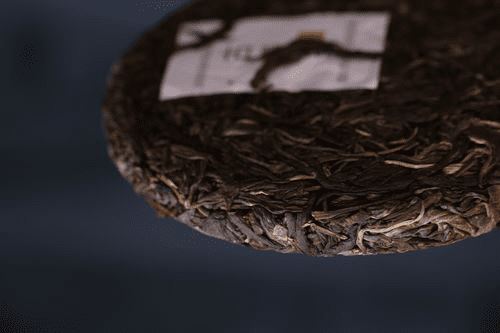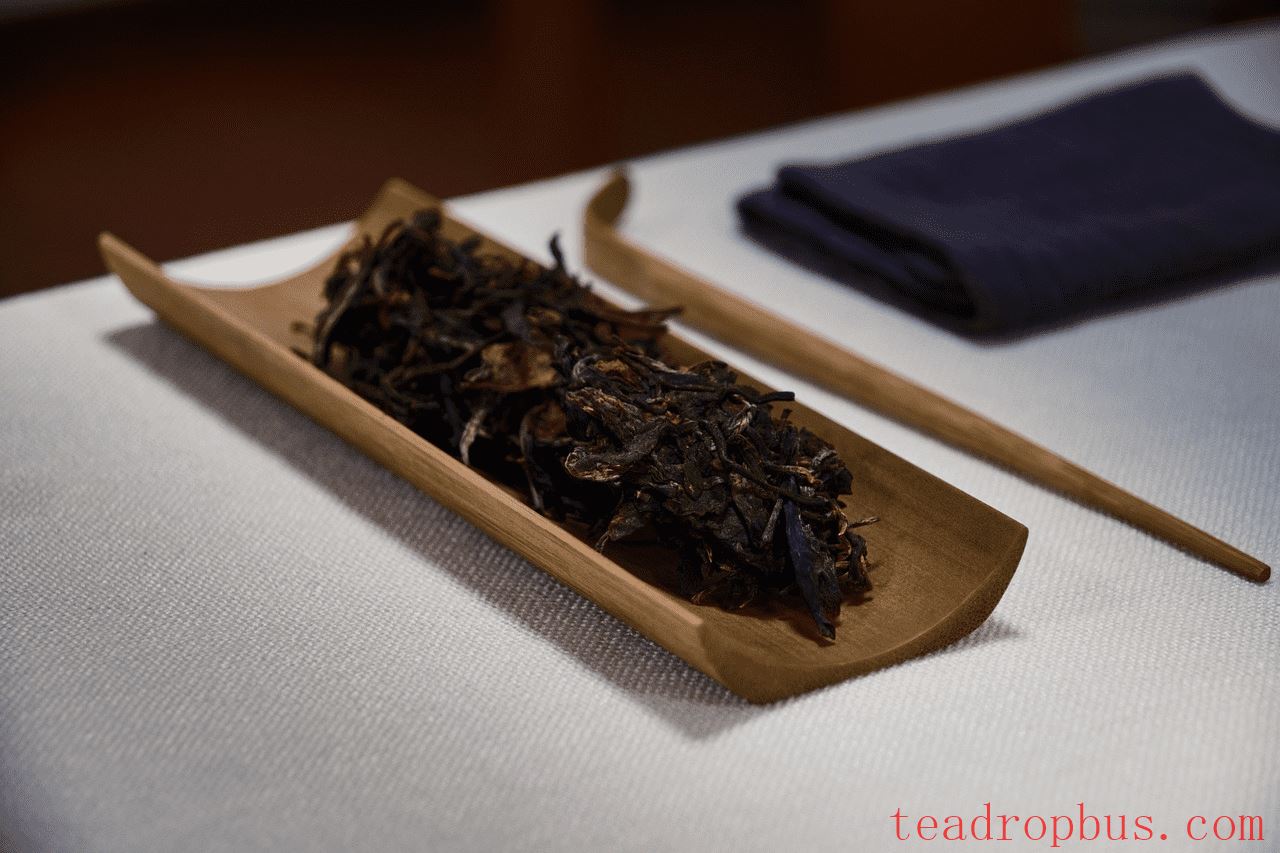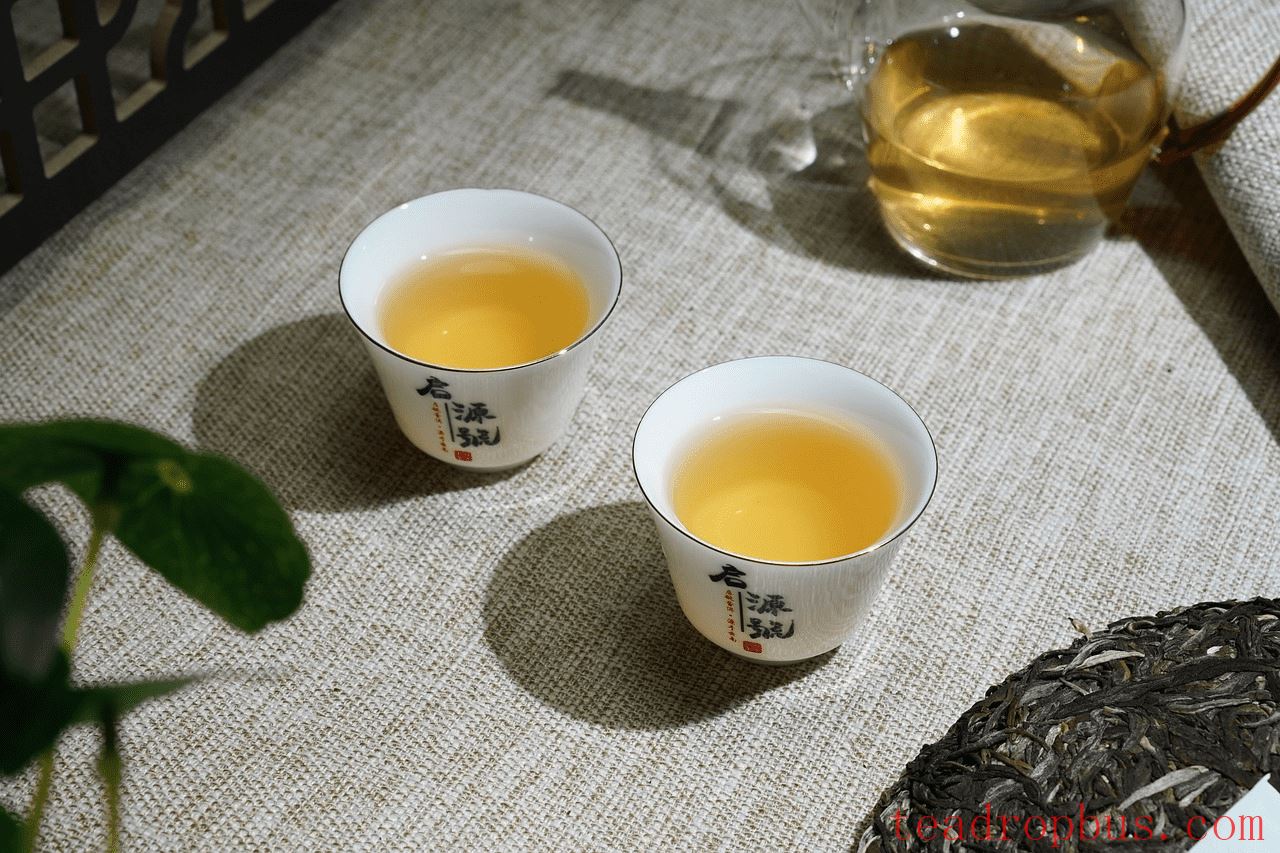Raw Pu'er Tea, a shining gem in Chinese tea culture, is renowned for its unique fermentation process and rich layers of flavor. However, to truly appreciate the essence of raw Pu'er tea, the correct brewing method is crucial. This article will guide you through the world of raw Pu'er tea, exploring how to brew a fragrant and flavorful cup through a series of simple yet precise steps.

Understanding Raw Pu'er Tea
Raw Pu'er tea, also known as raw Pu'er, is a type of Pu'er tea primarily produced in Yunnan Province, China. It differs from ripe Pu'er tea mainly in its fermentation process. Raw Pu'er tea undergoes natural fermentation, with the leaves gradually transforming over time, resulting in a smoother taste.
Preparations
Choice of Teaware
For brewing raw Pu'er tea, you can choose a Gaiwan, a purple clay pot, or a teacup. Brewing in a gaiwan enhances the aroma, while a purple clay pot better retains the tea's fragrance.
Water Selection
It is recommended to use mountain spring water or purified water when brewing raw Pu'er tea. Avoid tap water, as it may affect the taste of the tea.
Preparing the Tea Leaves
If using compressed raw Pu'er tea, such as cakes, bricks, or tuos, you'll need to pry off an appropriate amount of leaves using a tea knife.

Brewing Steps
- Warming the Teaware and Awakening the Tea
Pour boiling water into the teaware to rinse and warm it, which helps to better release the tea's aroma.
- Adding the Tea
Place the prepared tea leaves into the teaware. Generally, use about one-third of the teaware's capacity.
- Infusing the Tea
Pour a small amount of boiling water over the tea leaves, allowing them to soak for about 10 seconds before discarding the water. This step removes impurities and further awakens the tea's aroma.
- Main Infusion
Pour boiling water again, adjusting the water volume and temperature based on the tenderness and aging of the tea. For younger teas, use slightly cooler water and a shorter infusion time; for more aged teas, use hotter water and a longer infusion time.
- Serving and Tasting
After the tea has steeped for the desired time, pour out the tea liquor. When tasting, first smell the aroma, then sip slowly to experience the complex layers of scent and flavor.

Brewing Techniques
- Water Pouring Method: Pour water slowly along the edge of the gaiwan or teacup to avoid scattering the tea leaves.
- Steeping Time: Adjust the steeping time according to personal preference. Generally, the longer the steeping time, the stronger the tea's flavor.
- Later Infusions: As you proceed with subsequent infusions, gradually increase the steeping time and water temperature to extract richer flavors.
Conclusion: Savoring Raw Pu'er, Embracing the Essence of Tea Dao
Raw Pu'er tea, like a wise sage who has seen many years, carries rich depths and nuances. By brewing it correctly, we can better release its aroma and flavor, experiencing tranquility and Zen-like insights as we savor this tea and its cultural heritage.